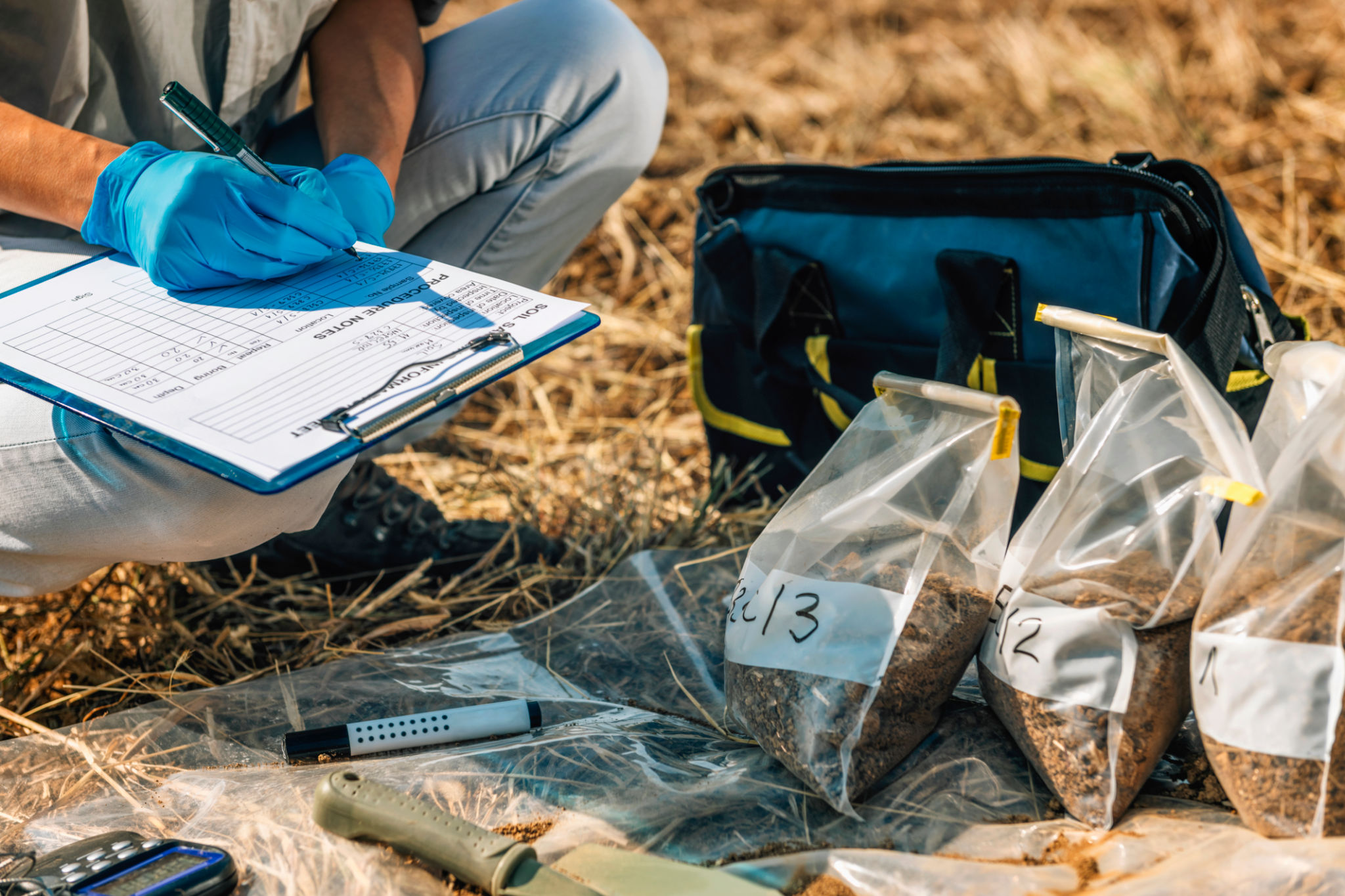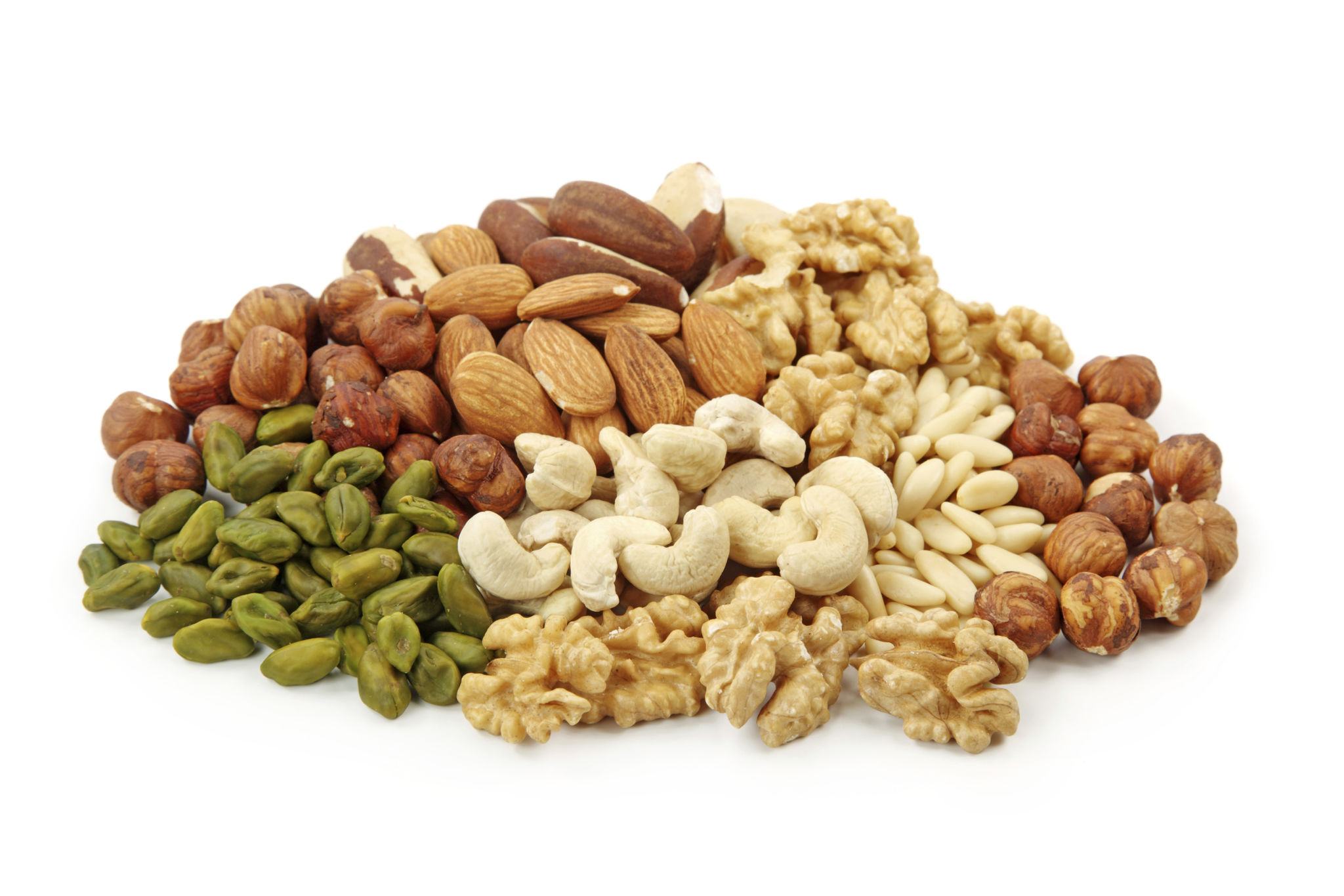How to Select the Right Agricultural Inputs for Your Farm in Ghana
Understanding Your Farm's Needs
Choosing the right agricultural inputs is crucial for the success of your farm in Ghana. Every farm is unique, with specific needs based on factors such as soil type, climate, and crop selection. Understanding these variables is the first step in selecting the right inputs. Conducting a thorough analysis of your farm’s soil and climate conditions can provide valuable insights into what your crops need to thrive.
Soil testing is a critical component of this analysis. It reveals essential information about nutrient levels, pH balance, and other characteristics that influence crop growth. By knowing your soil's strengths and weaknesses, you can choose fertilizers and other amendments that address its specific needs.

Choosing the Right Seeds
Seed selection is another important decision. In Ghana, various seed varieties are available, each with its own strengths. Opt for seeds that are well-suited to your region's climate and resistant to local pests and diseases. Consider also the market demand for certain crops to ensure profitability.
Hybrid seeds are often a popular choice because they are bred to enhance specific traits such as yield capacity, resistance to pests, and drought tolerance. However, they may require specific management practices, so it's important to understand their requirements fully before planting.

Fertilizers and Soil Amendments
Fertilizers play a pivotal role in increasing crop yield and improving overall soil health. When selecting fertilizers, consider both organic and inorganic options. Organic fertilizers, such as compost and manure, improve soil structure and increase microbial activity. Inorganic fertilizers provide specific nutrients in precise amounts, which can be more immediately effective.
It's essential to match the fertilizer type with your crop's nutrient requirements and the results of your soil tests. Applying the right quantity at the right time is crucial for maximizing benefits and minimizing environmental impact.

Pest and Disease Management
Pests and diseases can significantly affect crop productivity if not properly managed. Selecting appropriate pesticides and fungicides involves understanding the pest pressures on your farm and choosing products that are effective yet safe for the environment.
Integrated Pest Management (IPM) is a sustainable approach that combines different management strategies and practices to minimize pest damage. It involves using resistant crop varieties, biological controls like beneficial insects, and chemical solutions as a last resort.
Irrigation and Water Management
Water is a vital resource for farming, especially in regions with variable rainfall like Ghana. Efficient irrigation systems can help conserve water while ensuring crops receive the necessary moisture. Drip irrigation, for example, delivers water directly to the plant roots, reducing waste and evaporation.
Consider the water availability on your farm and choose an irrigation system that suits your crops' water requirements. Regular maintenance of your irrigation infrastructure is also important to ensure its long-term efficiency.

Seeking Professional Advice
Consulting with agricultural experts can provide valuable guidance tailored to your farm's unique circumstances. Extension officers, agronomists, and local agricultural organizations in Ghana can offer insights into best practices and innovations in agricultural inputs.
By leveraging their knowledge, you can make informed decisions that enhance productivity and sustainability on your farm. Stay updated on new developments in agricultural inputs to continually improve your farming practices.
